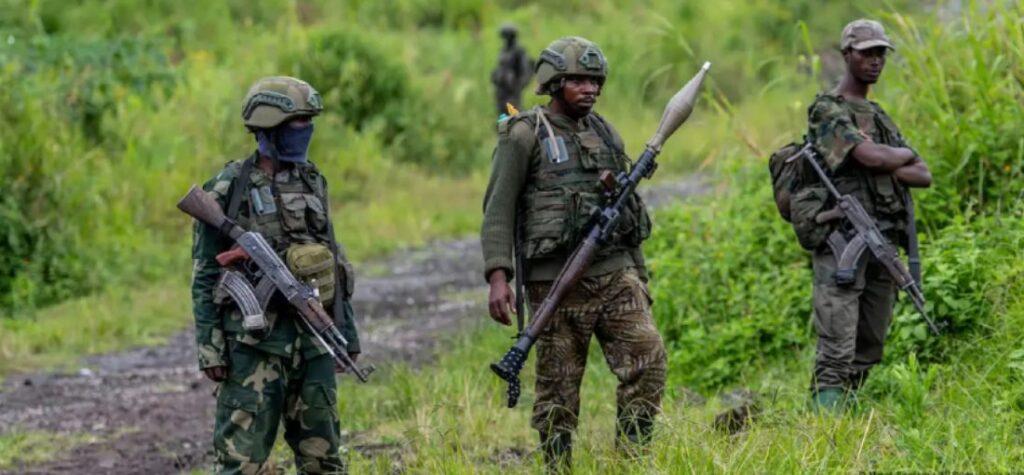The recent takeover of Goma, the largest city in the eastern Democratic Republic of the Congo (DRC), by the aggressive M23 rebel group constitutes a significant and alarming escalation in the enduring conflict that has beleaguered this region for years. Armed with military aid and logistical support believed to originate from Rwanda, the M23 has intensified its offensive, unleashing a wave of violence that poses severe humanitarian and security risks for the civilian population, further jeopardizing the fragile stability of the DRC.
Humanitarian Crisis
The ruthless military campaign has thrust the region into a dire humanitarian crisis, resulting in countless tragic deaths and an alarming rise in injuries among innocent civilians ensnared in the violence. Hospitals in Goma are becoming inundated with patients suffering from severe gunshot wounds, traumatic injuries from mortar strikes, and shrapnel wounds. Eyewitness testimonies reveal a harrowing reality, with bodies left abandoned in the streets, underscoring the urgent and desperate conditions faced by those who remain. The United Nations has issued a stark warning regarding the rapidly deteriorating humanitarian landscape, emphasizing the critical need for immediate medical support and robust protective mechanisms to safeguard civilians amid the escalating violence.
Security Threats
A particularly chilling concern related to the ongoing conflict is the existence of a local laboratory in Goma, which contains samples of highly hazardous pathogens, including the deadly Ebola virus. The International Committee of the Red Cross (ICRC) has raised the alarm regarding the peril posed by these dangerous pathogens, suggesting that their accidental release amidst the ongoing hostilities could trigger a catastrophic public health crisis in a region already beset by challenges, potentially overwhelming health systems already strained under the weight of war-related injuries.
Regional and Global Responses
In response to the intensifying violence, the Congolese government has made grave accusations against Rwanda, claiming the nation is actively supporting the M23 rebels. This accusation, termed a “declaration of war,” has heightened tensions between the DRC and Rwanda, escalating fears of a broader regional conflict that could draw in multiple nations across the Great Lakes region of Africa. The United Nations Security Council has issued a forceful condemnation of the M23’s military actions, calling for the immediate withdrawal of both the rebel forces and any foreign entities alleged to be backing them. Prominent global actors, including France and the United States, have stressed the urgent necessity for a ceasefire and the repatriation of Rwandan troops from DRC territory to stave off further violence and insecurity.
Historical Background
Grasping the ongoing crisis requires exploring the tumultuous historical
in which the M23 operates. Primarily composed of Tutsi Congolese, the M23 rebel group has a complex history intertwined with regional unrest. 2012, the M23 briefly captured Goma before retreating under intense international pressure. This current offensive echoes that chaotic past and highlights the persistent instability that has haunted eastern DRC for years. The region’s rich mineral resources, coveted by various factions, have fueled ongoing conflict and perpetuated humanitarian disasters, complicating the daily struggles of the local population.
Current Landscape
Today, Goma is enveloped in an atmosphere fraught with peril. The M23 rebels have taken control of critical infrastructures, including the city’s airport, severely hampering aid routes and worsening the already dire situation for displaced populations. Reports of rampant looting, widespread violence, and a dramatic mass prison break that has liberated many incarcerated individuals create a disturbing picture of lawlessness and insecurity.
The international community remains vigilant, closely tracking this volatile situation while engaging in diplomatic efforts to de-escalate the conflict and address the urgent humanitarian needs of those suffering amidst this chaos. It is imperative to restore peace and foster stability in the region to avert further deterioration of a humanitarian crisis that has already reached devastating levels.
Image Source:static.dw.com
